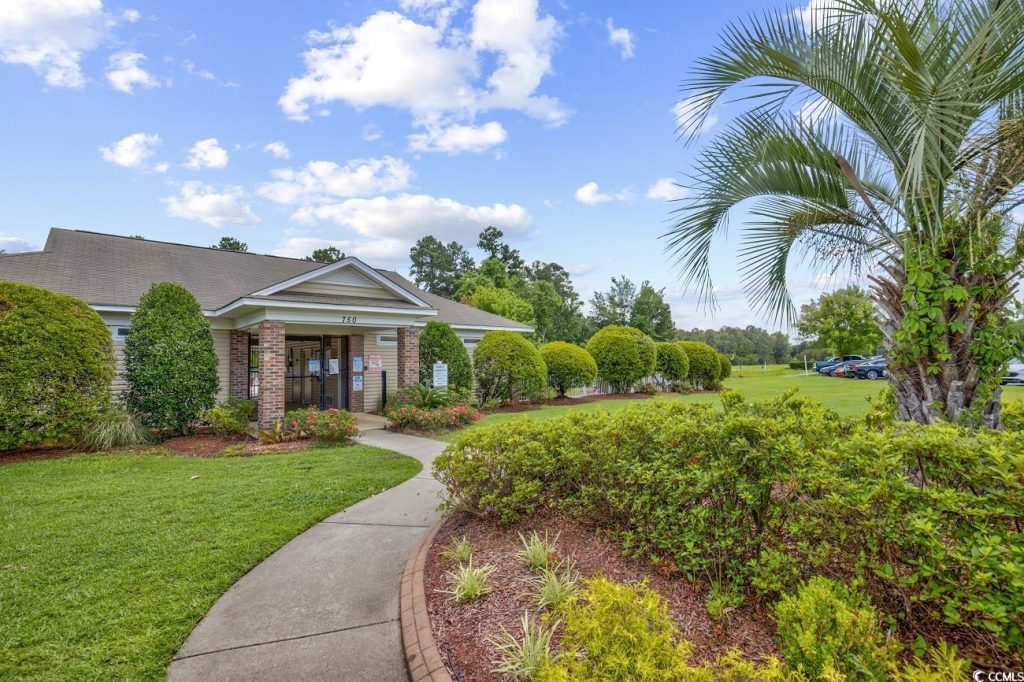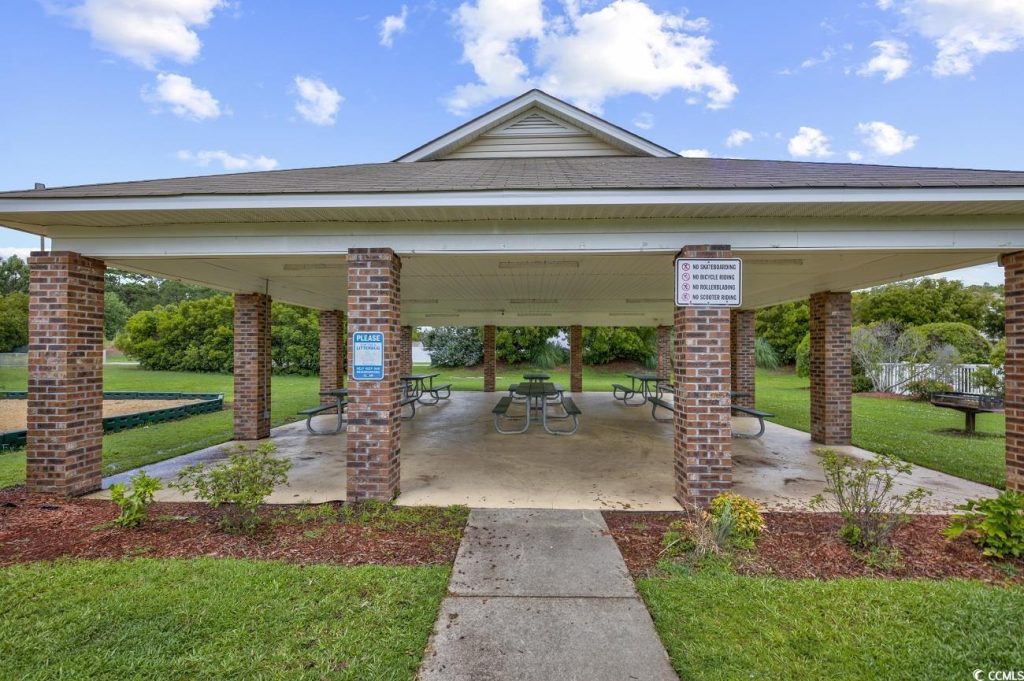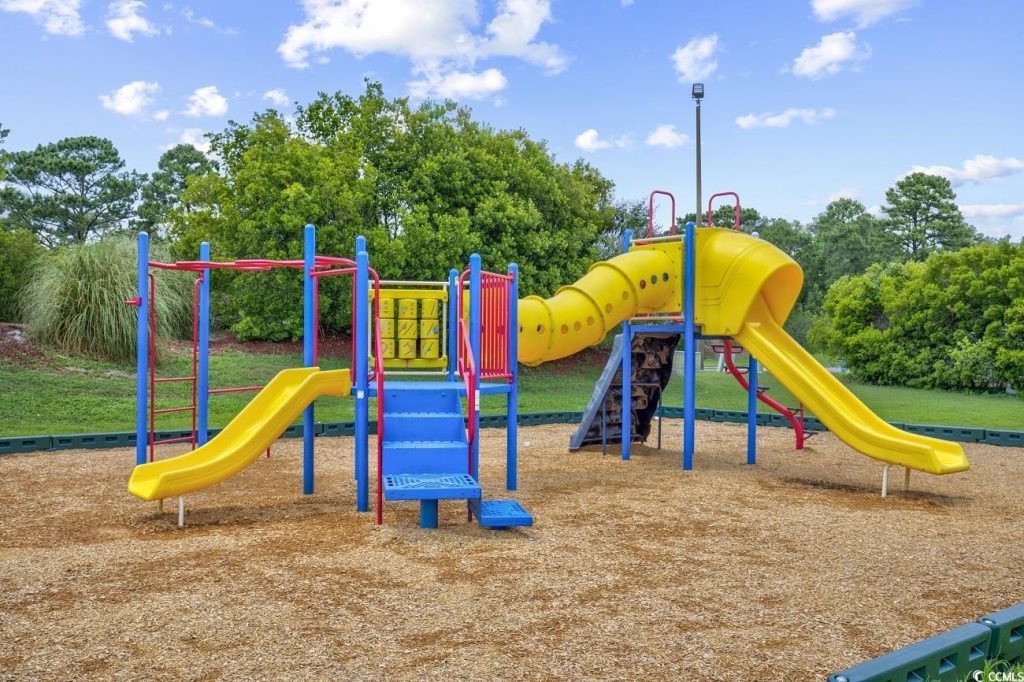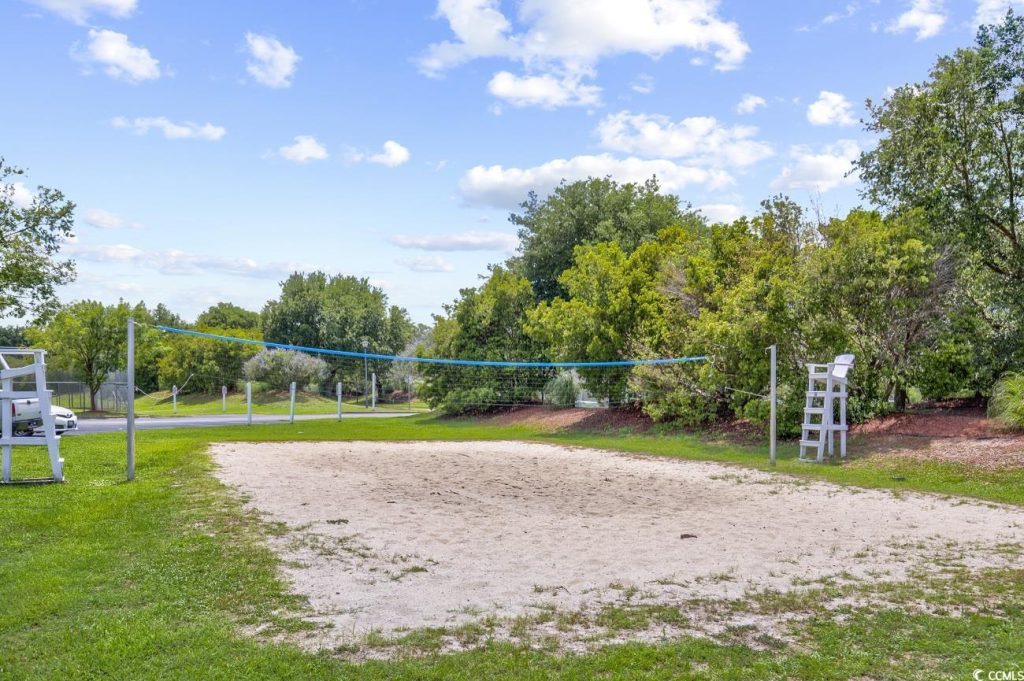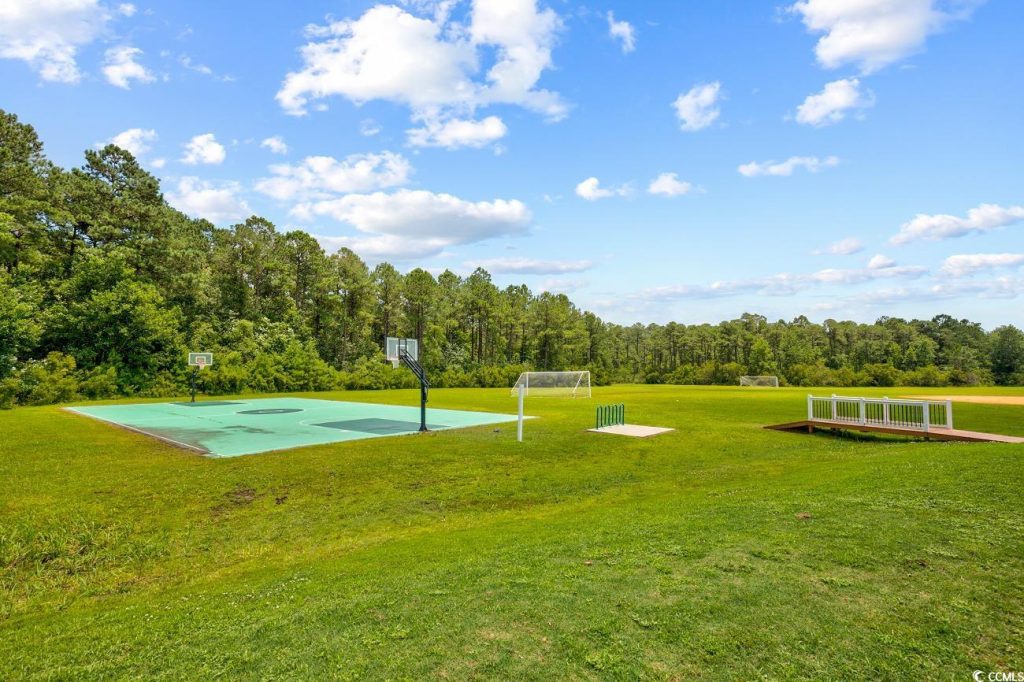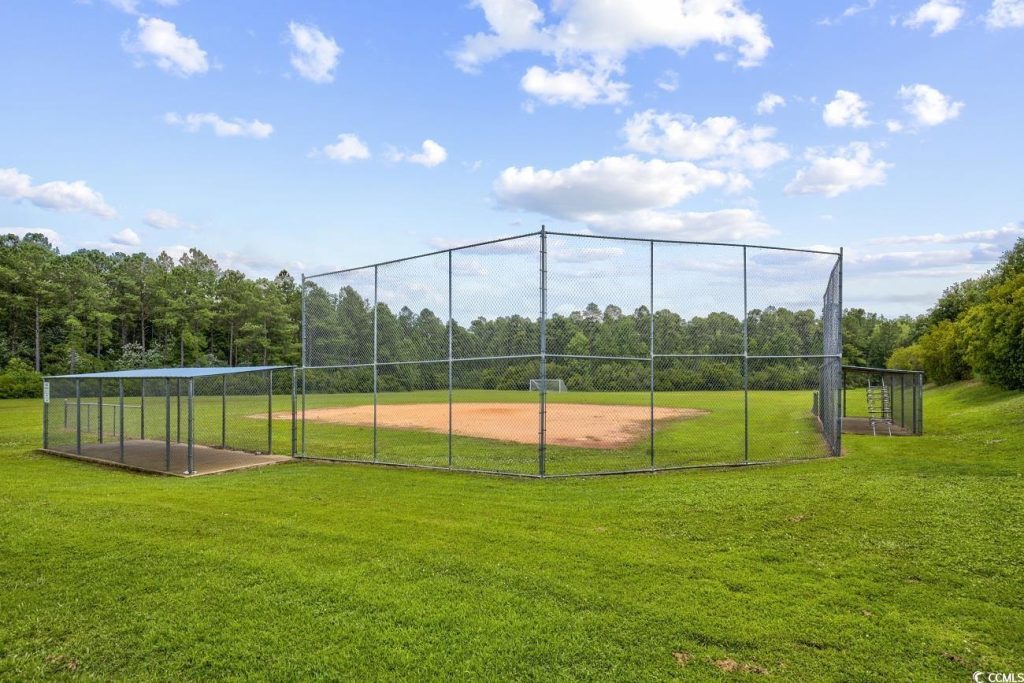Avalon in Carolina Forest
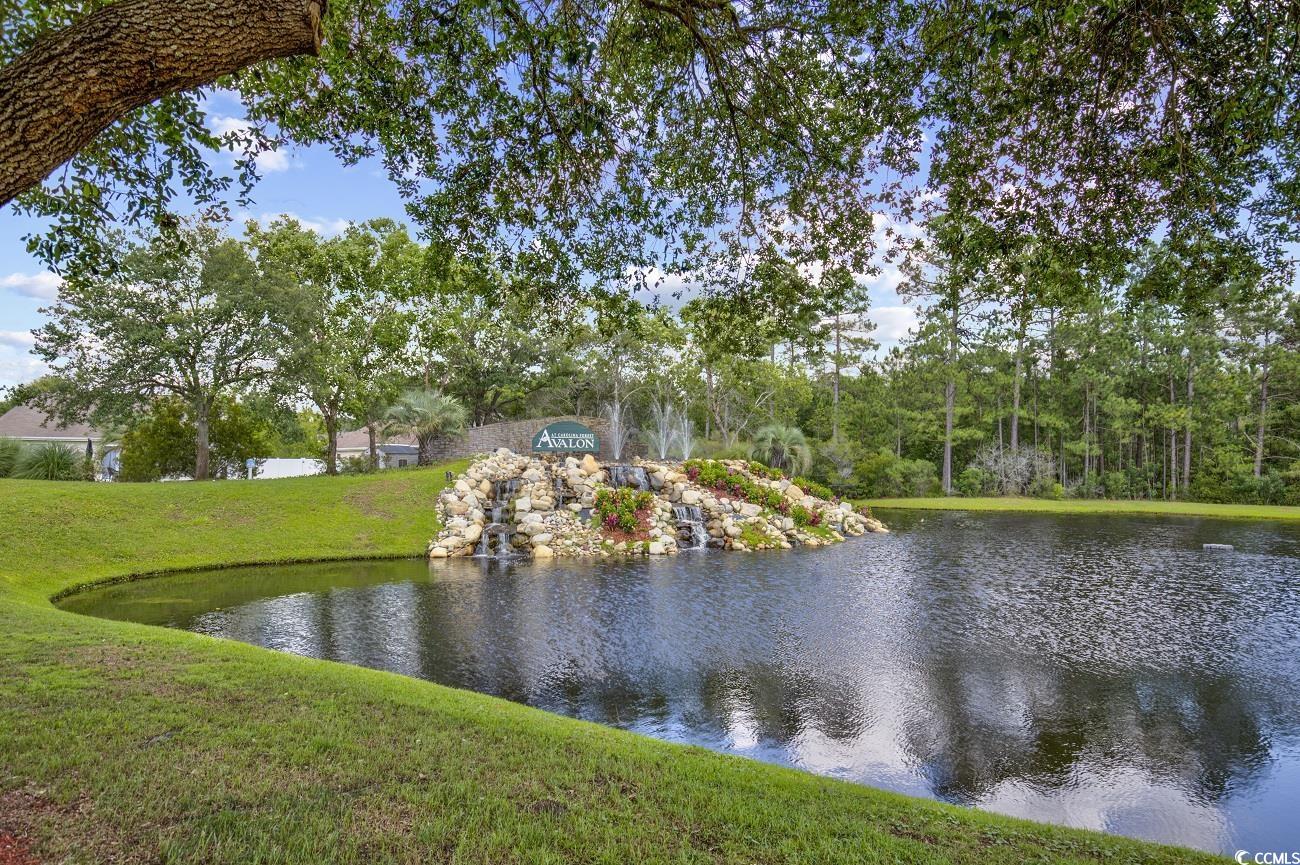
Avalon is a charming and well-established neighborhood located in the heart of Carolina Forest, one of Myrtle Beach’s most sought-after master-planned communities. Known for its tree-lined streets and convenient location, Avalon offers residents a blend of suburban tranquility and easy access to all the Grand Strand has to offer.
Homes in Avalon typically feature traditional and contemporary designs, with three to five-bedroom floorplans, spacious yards, and affordable HOA fees. The neighborhood is ideal for those looking for a peaceful yet convenient location.
✔ Resort-Style Amenities: Avalon boasts a large community pool, playground, basketball court, baseball field, and soccer field.
✔ Community Events: Residents enjoy a strong sense of community with seasonal events, holiday celebrations, and neighborhood gatherings organized throughout the year.
✔ Safety & Convenience: The neighborhood has 24-hour security patrol, offering residents peace of mind.
✔ Sidewalk-Lined Streets: Perfect for walking, jogging, or biking, adding to the welcoming and pedestrian-friendly vibe.
Factors That Affect Home Values
Determining a home’s value involves several factors, from market trends to the property’s features. Whether you're buying, selling, or investing, understanding these key influences can help you make informed decisions.
- Recent Neighborhood Sales
One of the strongest indicators of a home’s value is the sale price of similar properties in the same neighborhood. As your real estate professionals, we look at recent comparable sales (comps) to gauge a home’s fair market price. If nearby homes have sold for high prices, it boosts overall property values, whereas lower sales can drive them down.
- Supply & Demand
Like any market, real estate is influenced by supply and demand. When demand is high and inventory is low, home prices typically rise due to increased competition among buyers. Conversely, when there are more homes for sale than buyers, prices tend to stagnate or drop. The balance of supply and demand fluctuates based on factors like interest rates, population growth, and seasonal trends.
- Market Conditions
Economic factors such as interest rates, inflation, and job growth play a significant role in home values. A strong economy with low unemployment and rising wages often leads to increased home prices, while economic downturns can cause values to decline. Additionally, local market conditions—such as the desirability of an area, new developments, and zoning changes—can impact property appreciation.
- Bedrooms, Bathrooms & Square Footage
The size and layout of a home directly impact its value. Generally, more bedrooms and bathrooms increase a home’s worth, as they cater to a broader range of buyers. Square footage also plays a major role—larger homes typically command higher prices, especially when the space is functional and well-designed.
- Features & Upgrades
Modern updates and desirable features can significantly boost home value. Updated kitchens and bathrooms, energy-efficient appliances, hardwood flooring, smart home technology, and outdoor living spaces are all appealing to buyers. Additionally, homes with unique features such as waterfront views, large lots, pools, or high-end finishes often command premium prices. However, the return on investment for certain upgrades varies based on market demand and neighborhood standards.


